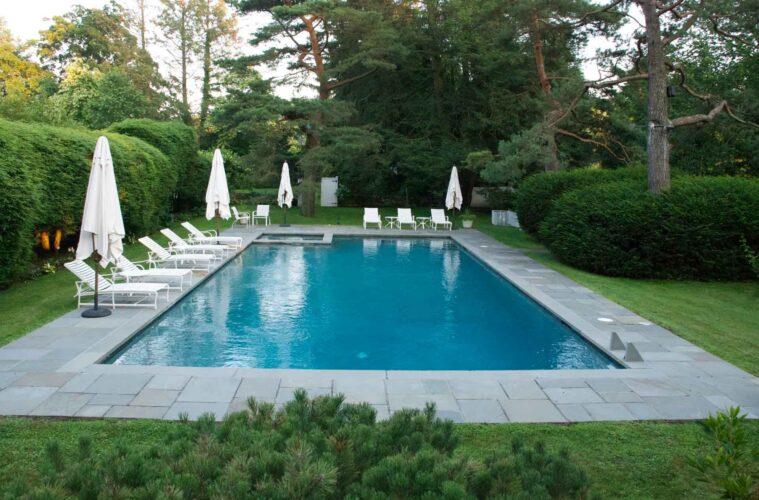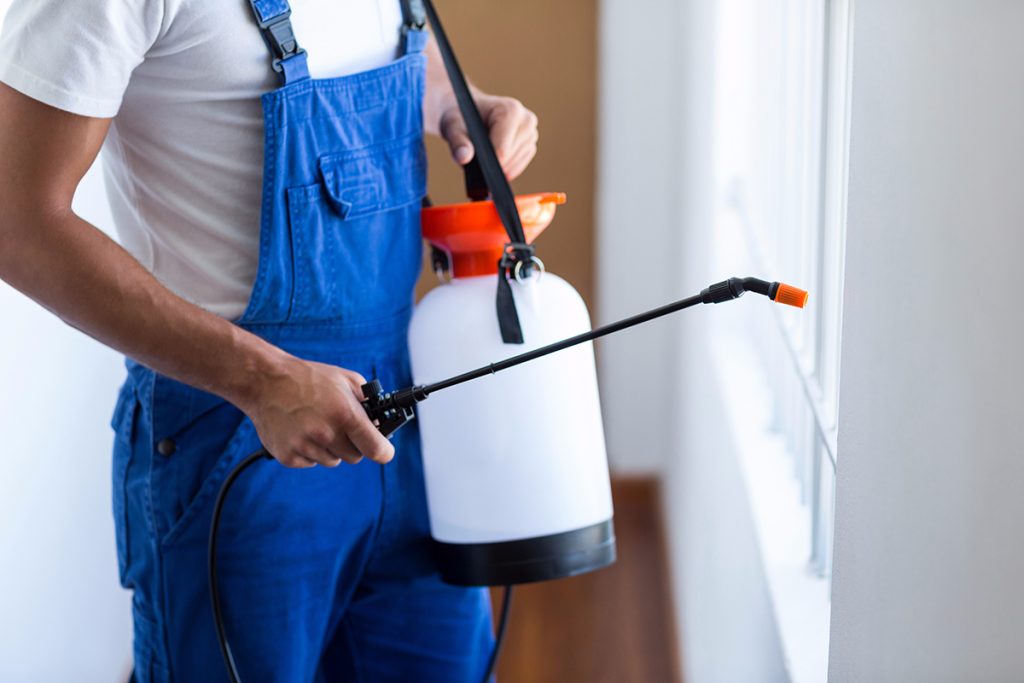Introduction to Pool Heating in Sydney
Pool heating in Sydney is necessary to extend the swim season and to ensure comfort while swimming. With the right pool heater, Sydney residents can enjoy their pool year-round, regardless of the weather. The market offers a variety of options, from solar heaters to gas heaters, that cater to different needs and budget constraints.
Types of Pool Heaters
Solar Pool Heaters
Gas Pool Heaters (Natural Gas or Propane)
Electric Heat Pumps
Electric Resistance Heaters
Oil-Fired Pool Heaters
Solar Pool Heaters
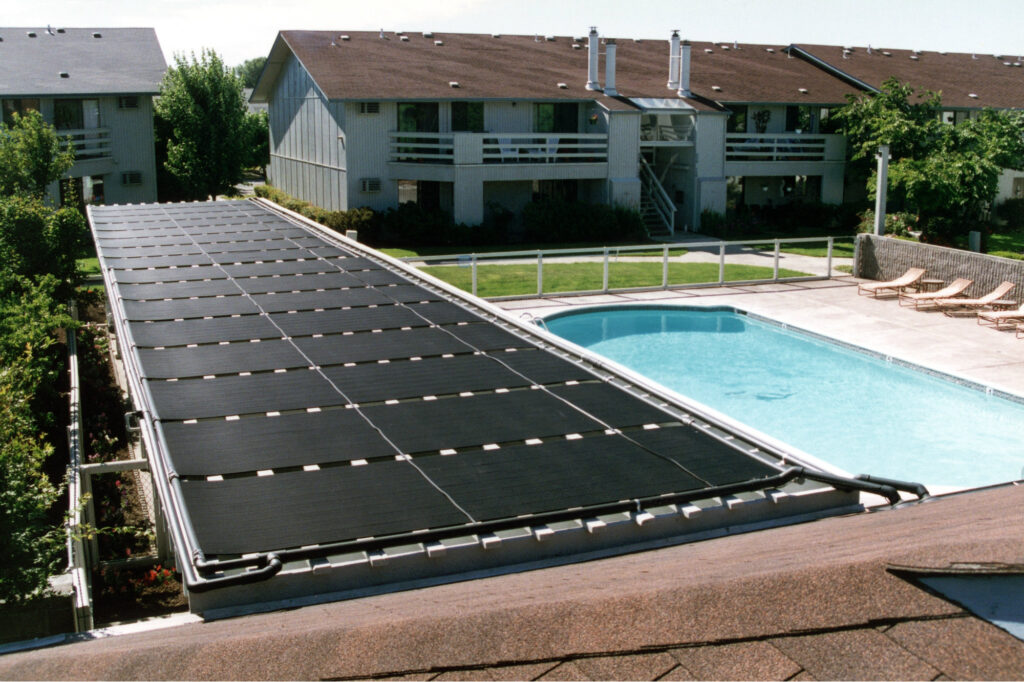
source: pinterest.com
Solar pool heaters use the sun’s energy to heat the water in the pool. They consist of a solar collector panel and a pump that circulates water through the panel and back into the pool. Solar pool heaters are environmentally friendly and cost-effective, but their heating efficiency depends on the climate and the amount of sunlight available.
Gas Pool Heaters (Natural Gas or Propane)
Gas pool heaters burn natural gas or propane to heat the water in the pool. They are fast and efficient, but also more expensive to operate than solar or electric heat pumps. Gas pool heaters require a gas line and professional installation. They also emit carbon monoxide and other pollutants, so proper ventilation is necessary.
Electric Heat Pumps
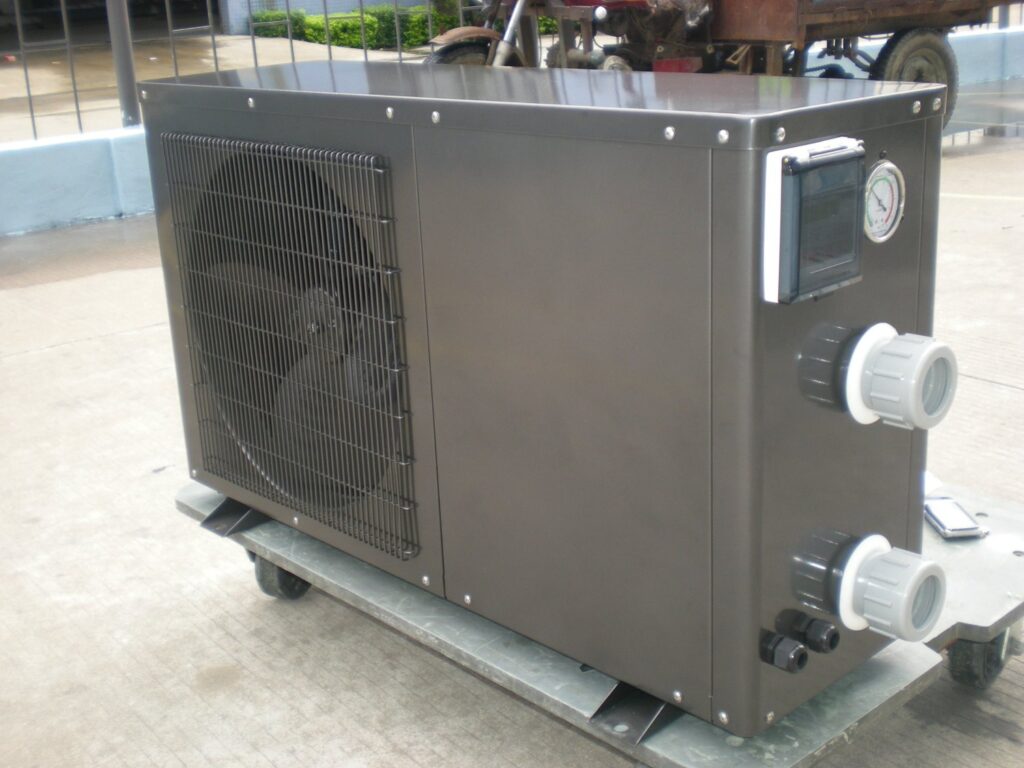
source: pinterest.com
Electric heat pumps use electricity to transfer heat from the air or ground into the water in the pool. They are highly energy-efficient and cost-effective to operate, but they require a reliable source of electricity and may not be as effective in colder climates. Electric heat pumps also have a longer heating cycle compared to gas pool heaters.
Electric Resistance Heaters
Electric resistance heaters use electricity to directly heat the water in the pool. They are simple to install and operate, but also the least efficient and most expensive option in terms of energy consumption. They are best suited for small, infrequently used pools or as a backup heating option.
Oil-Fired Pool Heaters
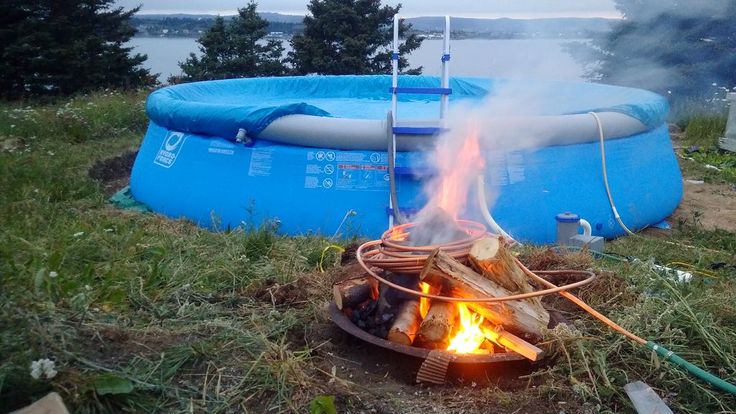
source: pinterest.com
Oil-fired pool heaters use oil as a fuel source to heat the water in the pool. They are similar in operation to gas pool heaters and provide fast and efficient heating, but they are less commonly used due to the higher cost of oil and the environmental concerns associated with oil use. Additionally, oil-fired pool heaters require a fuel storage tank and professional installation.
Factors to Consider When Choosing a Pool Heater
Climate and pool location
Pool size and usage
Energy efficiency and operating costs
Initial costs and installation requirements
Maintenance requirements and lifespan
Environmental impact
Local regulations and codes.
Climate and pool location
The climate and location of the pool play a crucial role in choosing the best pool heater. For example, in areas with abundant sunlight, solar pool heaters may be more efficient and cost-effective. In colder climates, gas or electric heat pumps may be better suited for their ability to heat the water quickly.
Pool size and usage
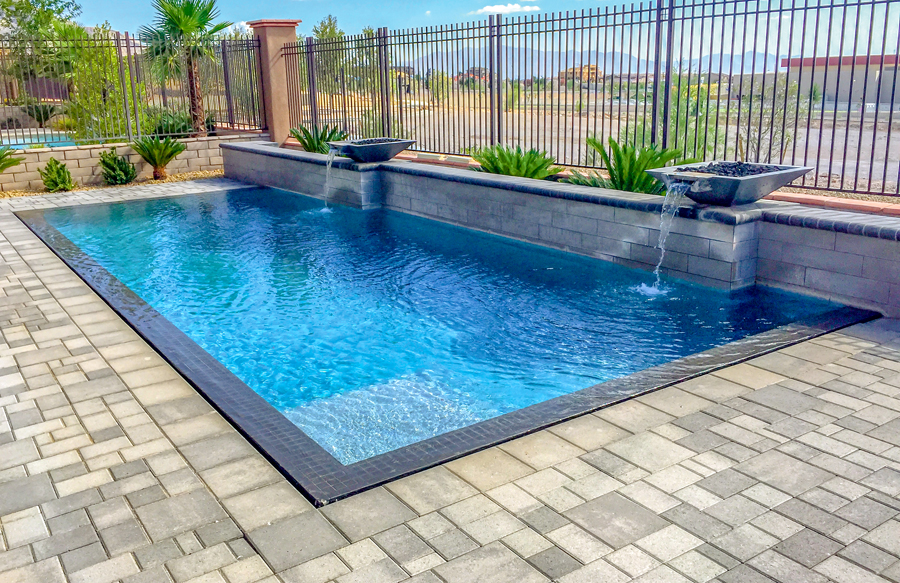
source: pinterest.com
The size of the pool and how often it is used should be taken into consideration when choosing a pool heater. A larger pool will require a more powerful heating system, while a smaller pool may only require a basic heater.
Energy efficiency and operating costs
Energy efficiency and operating costs are important factors to consider when choosing a pool heater. The most energy-efficient options include solar pool heaters and heat pumps, while electric resistance heaters are the least efficient.
Initial costs and installation requirements
Initial costs and installation requirements should be taken into consideration when choosing a pool heater. Some heating systems, such as solar pool heaters, have a higher initial cost but low operating costs. Others, such as electric resistance heaters, may have a lower initial cost but higher operating costs.
Maintenance requirements and lifespan
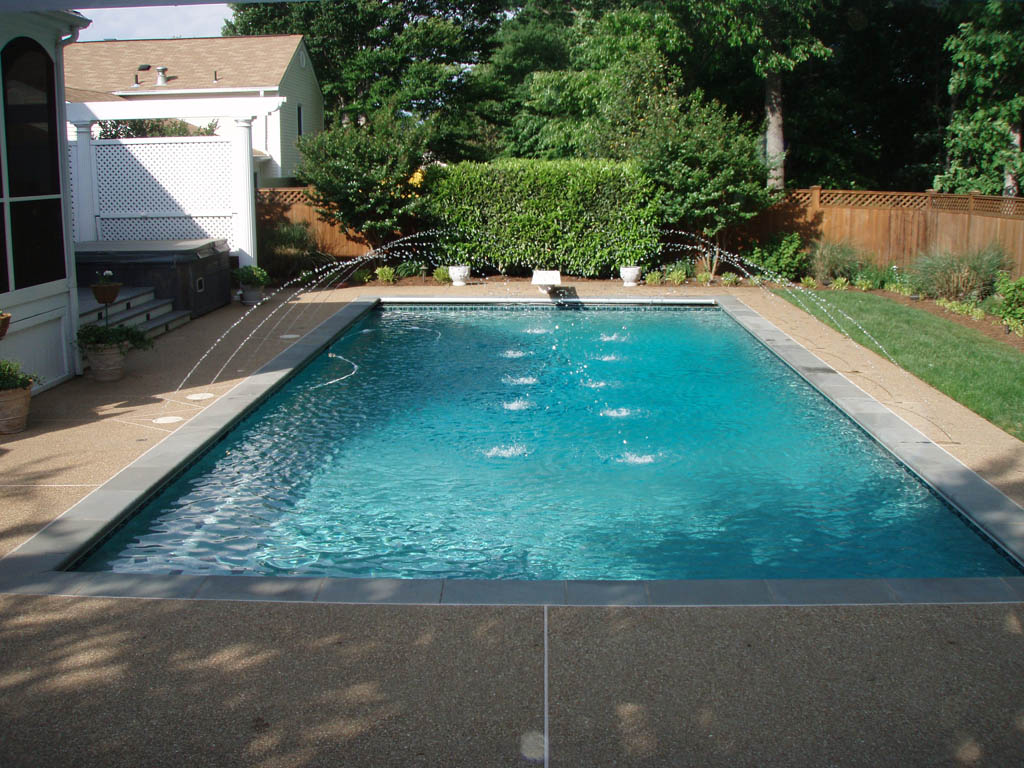
source: pinterest.com
Maintenance requirements and lifespan should be taken into consideration when choosing a pool heater. Some heating systems, such as solar pool heaters, may have minimal maintenance requirements and a long lifespan, while others, such as gas pool heaters, may require more frequent maintenance and have a shorter lifespan.
Environmental impact
The environmental impact of a pool heater should also be considered when making a decision. Solar pool heaters have the least impact on the environment, while gas pool heaters may have a higher impact due to emissions from fuel combustion.
Best Pool Heaters for Sydney Climate
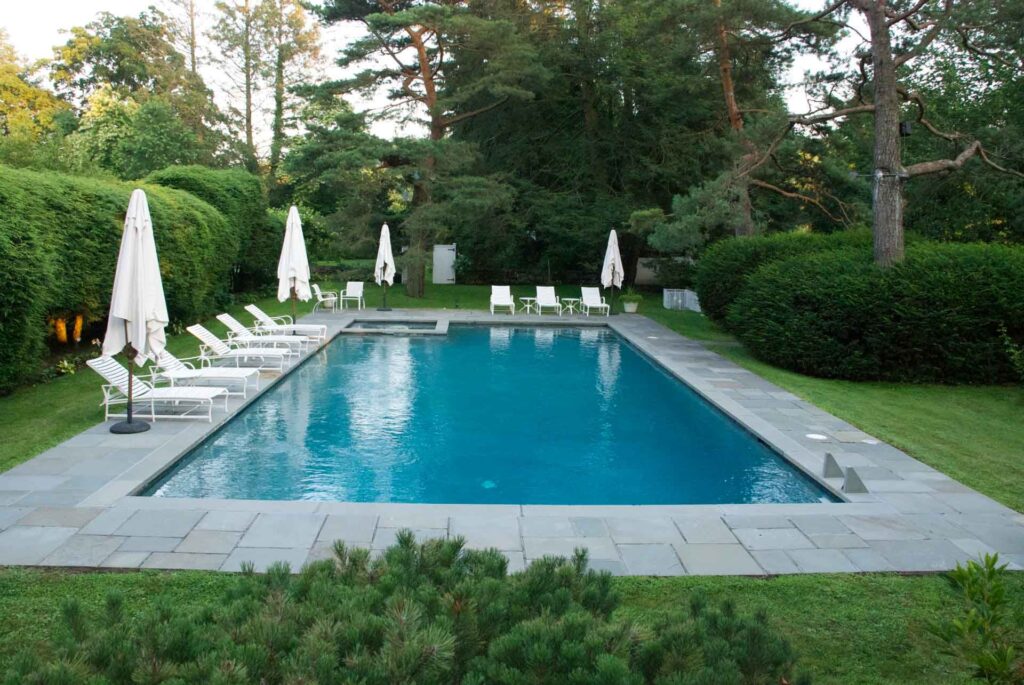
source: pinterest.com
In the Sydney climate, heat pumps and solar pool heaters are popular options due to their cost-effectiveness and energy efficiency. Gas pool heaters are also a viable option for those looking for fast heating, but the operating costs may be higher. Factors such as pool size and usage, budget, and environmental impact should also be considered when choosing the best pool heater for the Sydney climate.
Conclusion and Recommendations
In conclusion, there are several options available for pool heating in Sydney, each with their own advantages and disadvantages. Choosing the best pool heater depends on factors such as climate, pool size and usage, energy efficiency, operating costs, initial costs, maintenance requirements, environmental impact, and local regulations. Solar pool heaters and heat pumps are popular choices for their cost-effectiveness and energy efficiency, while gas pool heaters provide fast heating. It is recommended to consider all factors and consult with a professional before making a decision.

